Becoming a millionaire wasn’t about winning the lottery or inheriting a fortune; it was about embracing habits that nurtured my financial wisdom. Over the years, I’ve found that living frugally not only saved me money but also enriched my life in countless ways. From the outside, it might seem like mere penny-pinching, but these habits are my secret sauce to financial independence. I cherish these practices that emphasize value over cost, mindfulness over impulse. These seven frugal habits are not just strategies but a lifestyle that empowers me, ensuring I maintain my wealth while enjoying life’s true treasures.
The Power of Bulk Buying
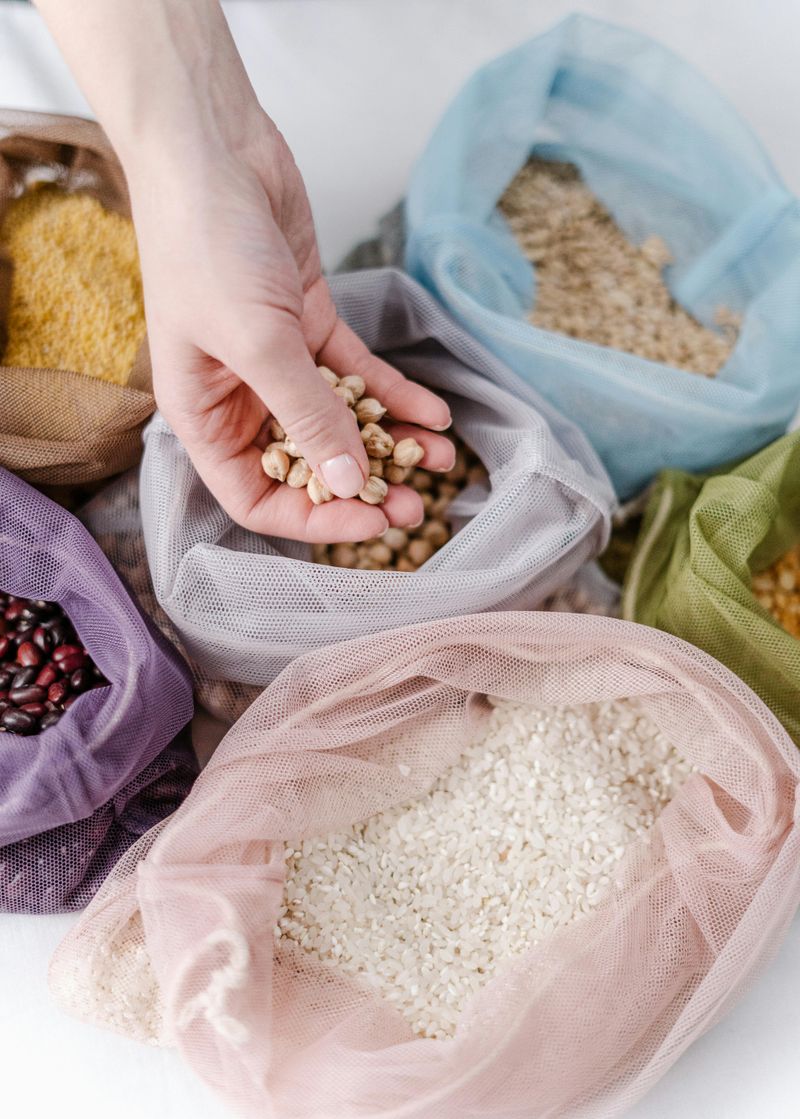
Walking down the aisles of a warehouse store, I often feel like a treasure hunter. Bulk buying is not just a habit; it’s a strategy. By purchasing household necessities in larger quantities, I eliminate frequent trips to the store, saving both time and money. The trick is knowing what to buy in bulk; non-perishables, toiletries, and cleaning supplies are my go-tos.
It requires planning, but the rewards are worth it. There’s a certain thrill in watching the cost per unit drop as I stock up on essentials that won’t expire quickly. Plus, it minimizes waste, a win-win for my wallet and the environment.
Crafting a Budget Like a Pro
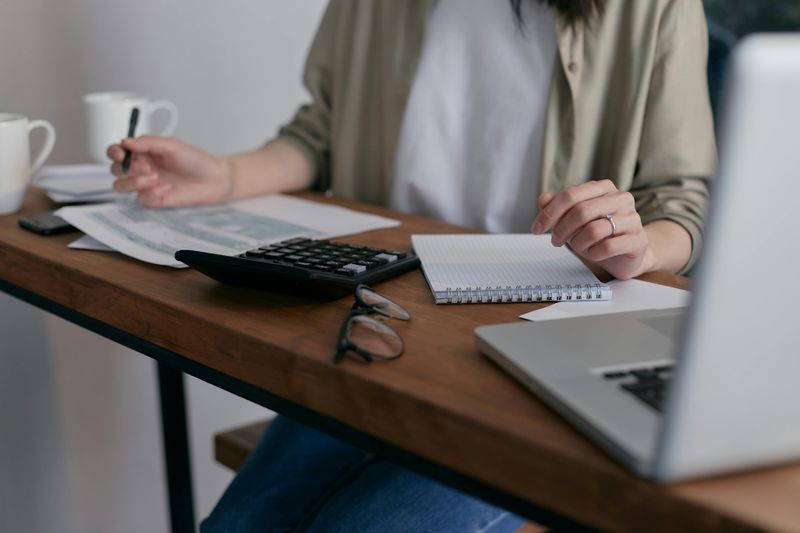
Budgets aren’t just spreadsheets; they’re roadmaps to financial freedom. Each month, I sit down at my desk, coffee in hand, and review my finances meticulously. Crafting a budget allows me to see where every dollar goes, helping to curb unnecessary spending.
It’s an empowering exercise, turning abstract numbers into tangible goals. Over time, budgeting has become second nature, guiding me like a seasoned navigator through life’s financial storms. The clarity it brings is unmatched, making room for both saving and indulging in life’s pleasures without guilt.
Ultimately, budgeting isn’t restrictive; it’s liberating, setting the stage for intentional spending.
Embracing the DIY Ethos
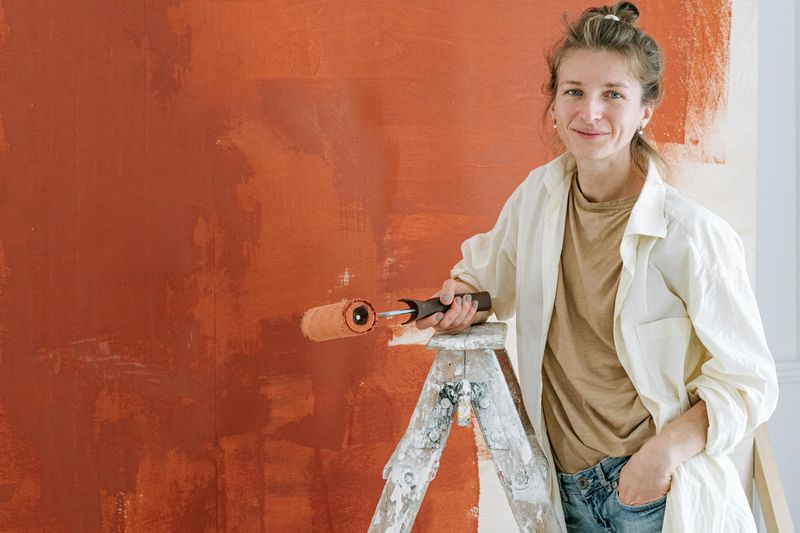
With a toolbox and a bit of patience, I’ve tackled countless projects others might delegate to professionals. Embracing the DIY ethos isn’t about skimping on quality; it’s about mastering self-reliance. From fixing leaky faucets to crafting custom furniture, my hands-on approach has saved me thousands.
The process is rewarding—each completed task boosts my confidence and skill set. This habit has also taught me the value of resources, both material and personal. It’s a sustainable practice, encouraging creativity and reducing dependency on external services.
In a world of convenience, DIY is my badge of honor for ingenuity and thrift.
Leveraging Public Resources
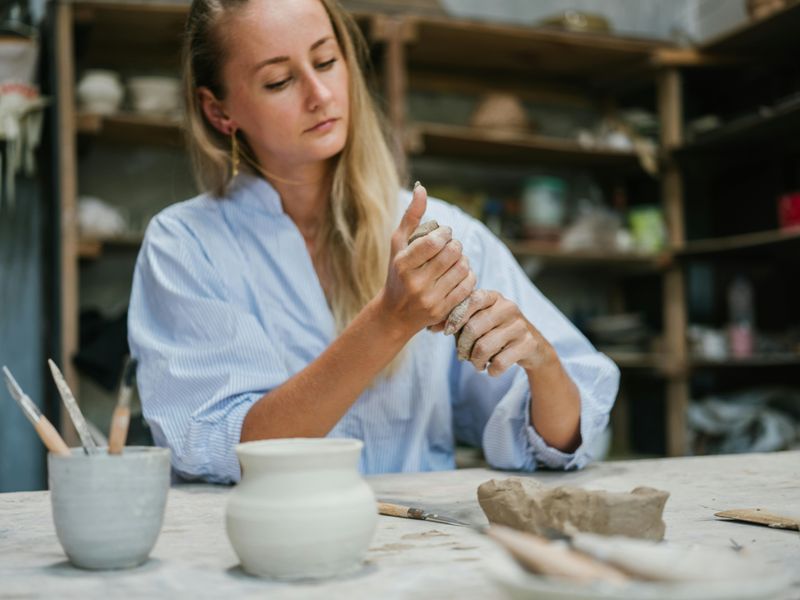
Growing up, the library was my sanctuary, and it remains so today. Leveraging public resources is a habit rooted in gratitude for communal offerings. Whether borrowing books or attending free workshops, these experiences have enriched my life without denting my bank account.
Public parks, museums, and community events offer endless opportunities for low-cost entertainment and learning. It’s about seeing the world as a canvas of opportunities, not all requiring a financial transaction.
Engaging with public resources fosters a sense of community and sustainability, proving that the best things in life can truly be free, or nearly so.
Mastering the Art of Negotiation

Negotiation isn’t just for boardrooms; it’s a daily tool in my financial toolkit. I’ve learned that everything is negotiable if you’re willing to ask. From negotiating utility bills to haggling at flea markets, this habit keeps more money in my pocket.
It requires confidence and preparation, understanding the value of what you’re negotiating for. Each successful negotiation is a victory, reinforcing my belief in the power of words and persistence.
This skill extends beyond finances, enhancing communication and problem-solving abilities. Mastering negotiation is a testament to valuing my worth and the importance of financial empowerment.
Minimalism as a Lifestyle
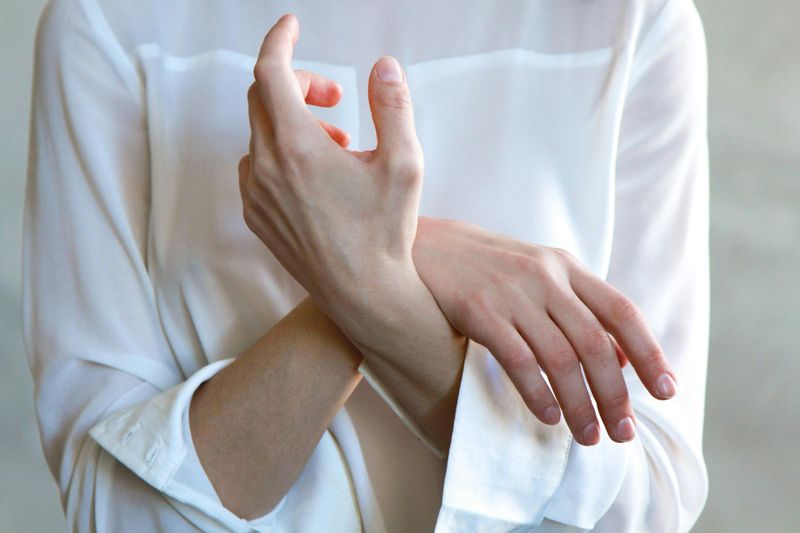
Minimalism is more than aesthetics; it’s a philosophy that guides my spending habits. By focusing on quality over quantity, I’ve curated a life that values experiences over possessions. This approach reduces clutter and promotes financial health by eliminating impulsive buys.
A minimalist lifestyle encourages mindful consumption, reminding me to appreciate what I own and invest in what truly matters. It’s about finding joy in simplicity and freedom from material excesses.
This habit has not only saved money but also brought peace and clarity to my life, fostering a deeper appreciation for the essentials.
Investing in Experiences Over Things
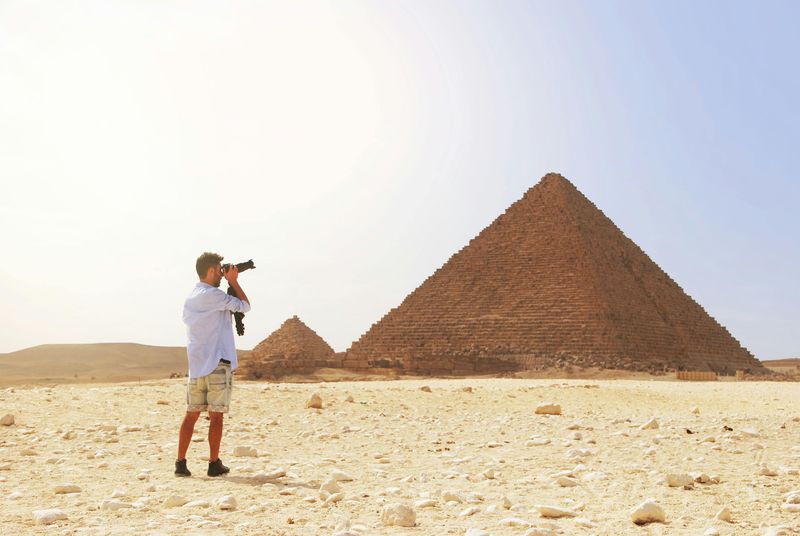
While possessions fade, experiences become lifelong memories. Investing in experiences over things has transformed my perspective on wealth. Whether traveling to new places or trying new cuisines, these moments enrich my life far beyond monetary value.
Experiences foster connections and personal growth, offering stories and lessons that last. It’s a shift from collecting objects to collecting moments, leading to a more fulfilling and balanced life.
This habit encourages intentional living, where the focus is on living fully rather than accumulating more. Experiences are the true treasures that shape my journey, offering returns far greater than any material possession.

Comments
Loading…